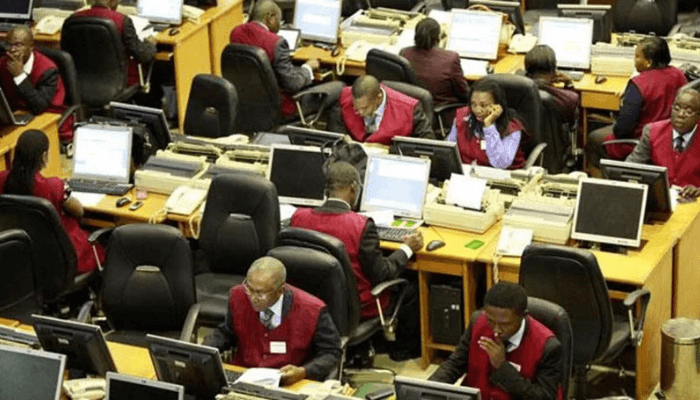Stock Market Gains N1.81 Trillion Following CBN Reforms
With newfound confidence brought on by the Central Bank of Nigeria’s (CBN) ongoing monetary reforms, investors in the Nigerian stock market grinned at the bank in September 2025, making a total of ₦1.811 trillion.
According to Naija News, investors reorganized their portfolios away from fixed income and toward stocks as a result of the top bank’s recent move to lower the Monetary Policy Rate (MPR) from 27.5% to 27%.
Market capitalization, which gauges the total value of listed investments, increased by more than ₦1.811 trillion from ₦88.769 trillion in August to ₦90.580 trillion in September, according to an analysis of trading data from the Nigerian Exchange Limited (NGX).
In a similar vein, the NGX All Share Index (ASI) increased 1.7%, closing September at 142,710.48 points after peaking at 140,295.50 points in August.
Following weeks of profit-taking from previous declines, there was a resurgence of purchasing interest in large-cap stocks in September, which significantly boosted market activity. Additionally, traders positioned themselves for any domestic and international market-moving events.
The market capitalization increased by ₦445.2 billion to close the day at ₦90.58 trillion, while the NGX ASI saw a 0.23% increase, closing at 142,710.48 points.
Strong demand for companies including Nigerian Breweries (+2.38%), Fidelity Bank (+5.26%), ARADEL (+9.82%), and Transcorp (+8.48%) drove the surge.
The market breadth closed negatively despite the gains, with 31 equities falling and 28 rising.
Analysts say the September rebound showed a combination of prudence and confidence, according to Vanguard. Expectations of company earnings, sector-specific strength, and more general macroeconomic indicators all had a significant impact on investor mood.
The recovery is still proceeding, but care is still required, according to analysts at InvestData Consulting Limited: “Looking ahead, the equities market appears poised for a cautious continuation of the recovery.” In addition to global indicators like crude oil prices and global risk appetite, macroeconomic factors including domestic inflation trends, exchange rate volatility, and policy changes will continue to play a significant role in determining market sentiment.
Following the CBN’s monetary changes, investors’ restored faith in stocks as a feasible investment option is indicated by the NGX’s performance in September.
However, analysts warn that whether the rally can be maintained depends on how stable macroeconomic fundamentals remain.

